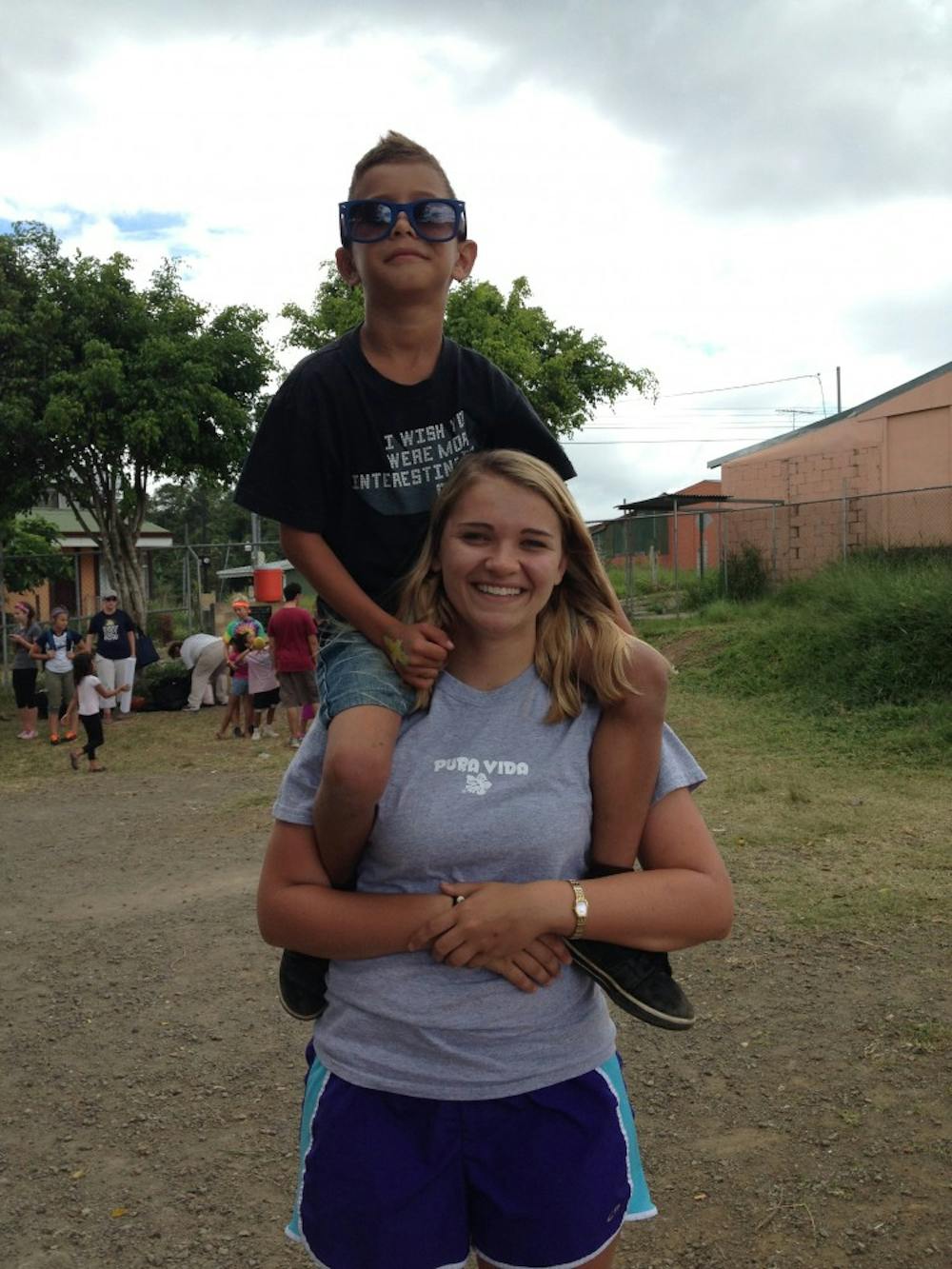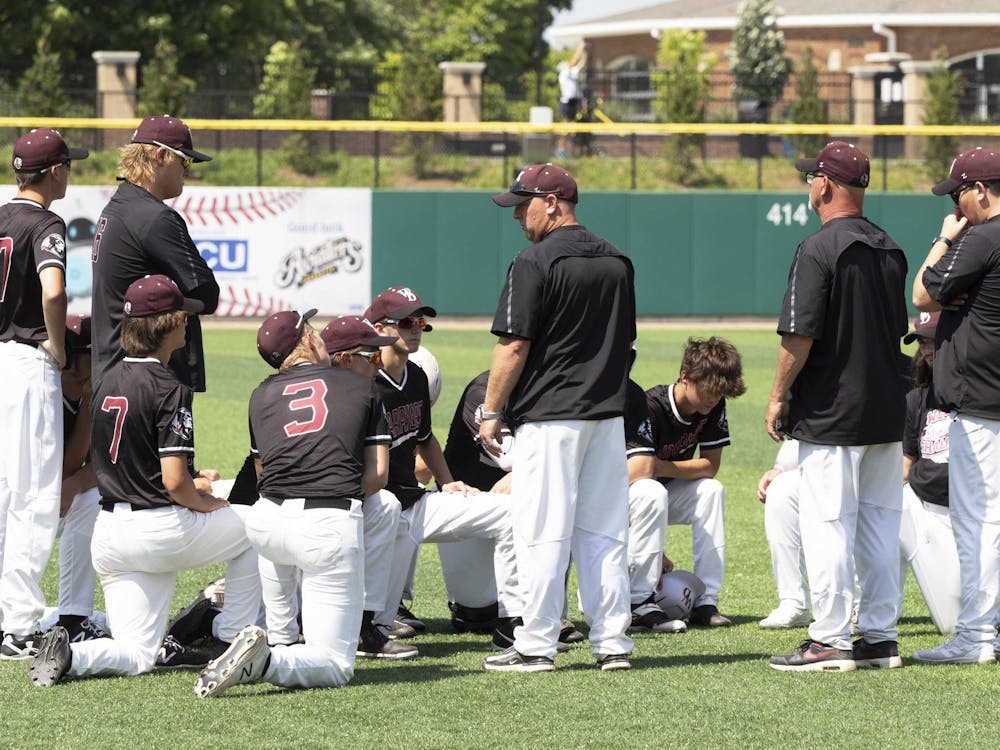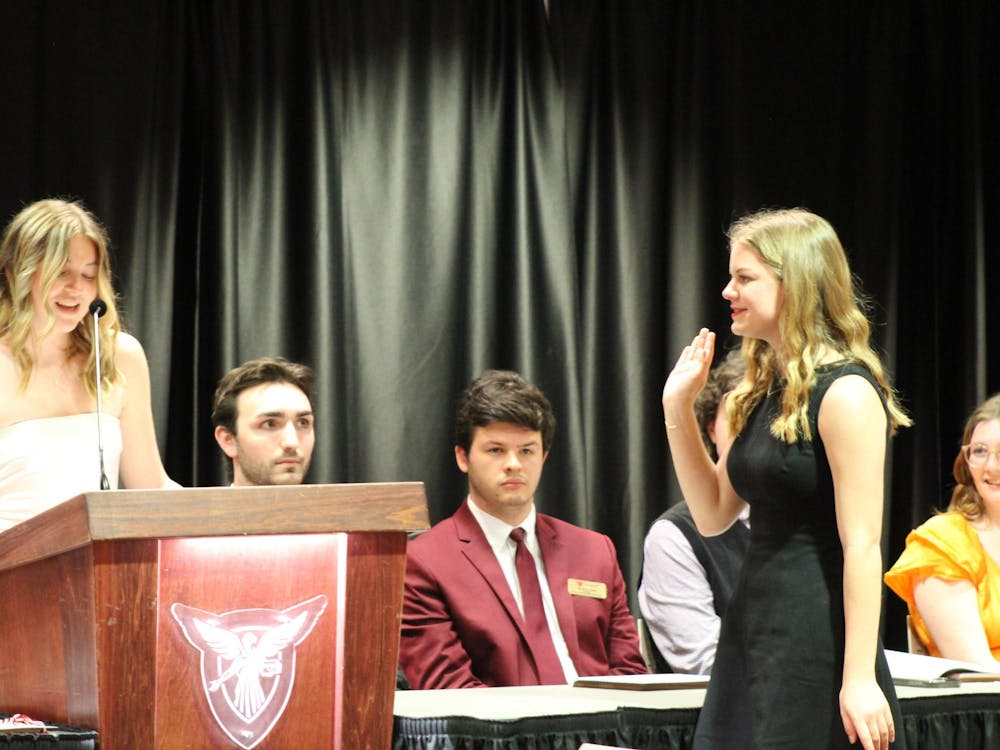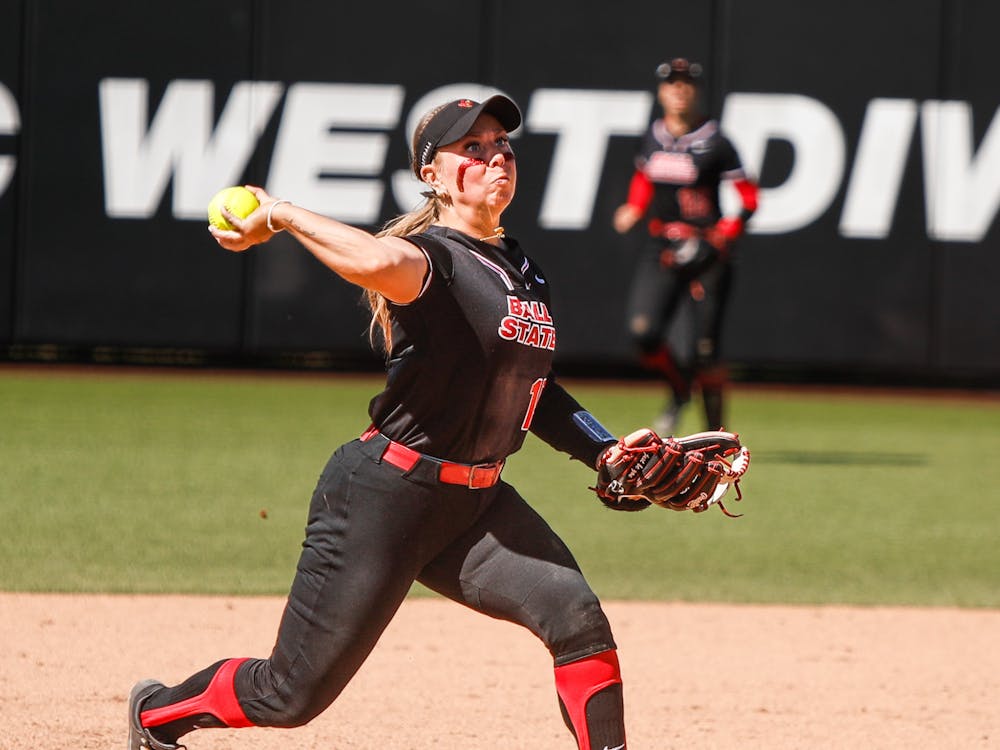American Youth Understanding Diabetes Abroad (AYUDA) is a non-profit organization that empowers youth to serve as agents of change in diabetes communities around the world. More information about the organization can be found here.
When Katelyn Warner found out she had type 1 diabetes her freshman year, her initial reaction was frustration and confusion. However, she realized dwelling on the fact wouldn’t help her, so she decided to make the best of the situation she was in.
Now a junior marketing major, Warner is the founder of Ball State’s chapter of the College Diabetes Network and will be volunteering with American Youth Understanding Diabetes Abroad (AYUDA) in the Dominican Republic this summer.
Part of what helped Warner develop a positive attitude about her diabetes was a 10-week internship in Costa Rica after her diagnosis.
She worked at a vacation bible school with local children and high school students on mission trips. During the trip, she learned how to be more independent.
“I was able to learn to dream bigger,” Warner said. “I realized I have more opportunities now [with the diagnosis] than I did before."
After returning, she made her first attempt at starting a College Diabetes Network chapter. However, she had trouble organizing meetings.
In Sept. 2015, she happened upon more and more people who have diabetes, and this time was successful in creating the chapter.
“We started talking about stuff we all struggle with,” Warner said. “People want to talk about these things, to have a community.”
The College Diabetes Network meets bi-weekly on Thursdays in Bracken Library. Normally, the group meets in Room 409, though it can change. Discussions are free-form, Warner said. They’re based on whatever everyone wants to talk about at a time.
“Next year, I want to move into bigger things, like World Diabetes Day in November,” Warner said. “The group can partner with outside organizations like Ball Memorial and the American Diabetes Association.”
In the Dominican Republic, Warner will be teaching diabetes education initiatives.
Instead of going to the capital, she will be traveling to six different cities. There are programs in the capital, but because of the poverty, a lot of people can’t make it there, Warner said.
The group will teach using worksheets, handouts, games and activities.
“The work AYUDA does is very needed,” Warner said. “I’ll be working with students from ages 1 to 18 years old [teaching them] how to manage the disease.”
AYUDA was founded in 1997 by high school students Nick Cuttriss and Jesse Fuchs-Simon. Cuttriss and Fuchs-Simon were inspired by the story of José Gabriel, a boy with type 1 diabetes who couldn’t stay healthy and went into a coma twice.
After coming to the United States for treatment, his family was told “a lack of diabetes education can be just as dangerous as a lack of insulin,” according to AYUDA’s website.
Since its founding, AYUDA has trained more than 500 volunteers and served more than 20 countries. When first founded, volunteers worked with a local organization in Ecuador, Fundación Diabetes Juvenil de Ecuador.
In the Dominican Republic, the partner organization is Aprendiendo A Vivir, said Stephanie Boyle, director of volunteers.
“AAV serves their community year-round by providing weekly diabetes educational sessions as well as psychological support to those living with type 1 diabetes — and their families — in the Dominican Republic,” Boyle said.
Prior to going abroad, volunteers go through a semester-long training program. Volunteers are recruited through AYUDA’s alumni network.
“Year to year, AYUDA's team of volunteers consists of one-third high school students, one-third college students and one-third grad/med school students/young professionals — and roughly half are living with type 1 diabetes,” Boyle said.
Warner said she is most excited to see how she can use the knowledge and experience she has to help the kids in the Dominican Republic.
“I want to educate them, but also support them,” Warner said. “You can have knowledge, but if you don’t have support, you can’t implement it. If you have support but not knowledge, you can’t really do anything either. You have to have both, and it’s really important as a young kid. I’m excited to see how the kids learn, grow and are empowered through what we give them.”
Once she gets back, Warner hopes to use what she learned over the summer in the College Diabetes Network and in the Muncie community.
She has plans to attend a conference for diabetes in San Diego in the fall, and would like to work in the health industry in the future.
“I’m interested in working with diabetes and kids in the future,” Warner said. “I would also like to continue my involvement with AYUDA, maybe be a mentor for future volunteers.”
Warner said it doesn’t matter how she’s involved, she just wants the opportunity to be a positive influence for the diabetes community.
“I want to have an influence on people’s lives,” Warner said.





